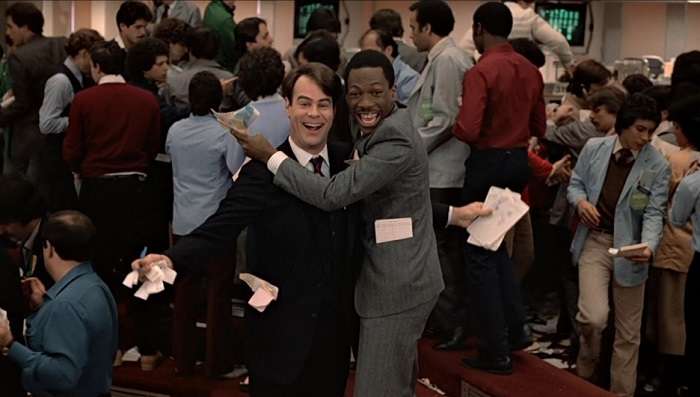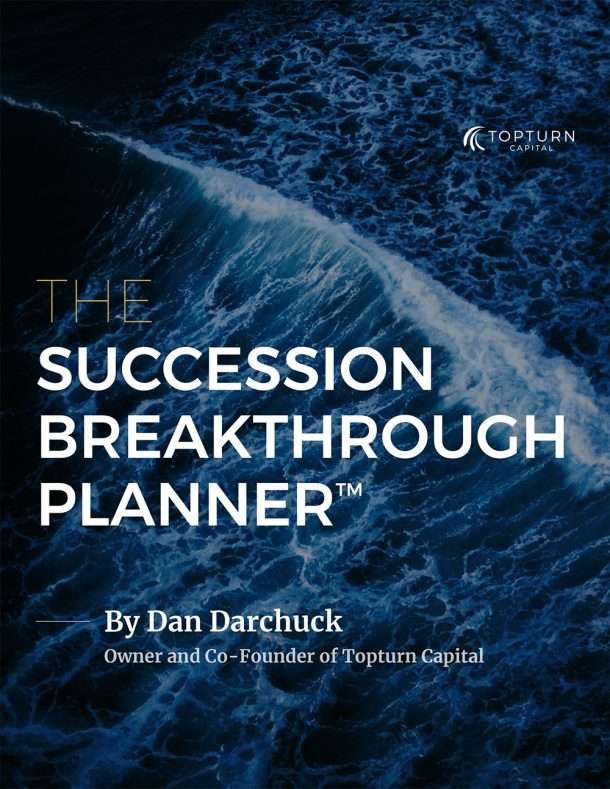In the 1983 American comedy film, Trading Places, an upper-class commodities broker, Louis Winthorp III – played by Dan Aykroyd – and a homeless street hustler, Billy Ray Valentine – played by Eddie Murphy – are unknowingly made part of an elaborate bet and social experiment. In short, Valentine is bailed out of jail and installed in Winthorpe’s former job. He learns the business quickly, using his street smarts to achieve success. In calling his first trade, Valentine refers to the feeling he has that “People are panicking right now because Christmas is around the corner, and no one is going to have enough money to buy their son the G.I. Joe with the Kung Fu Grip!” I’ll come back to what Billy Ray has to do with our recent election in a minute. But, first, just for fun let’s take a look back over the past 40 or so years of presidential election results. Doing so, we find that in those periods prior to a regime change, the country had generally suffered through some type of negative economic event – usually a recession. Repeatedly, we see a pattern of recession – prevailing party losing power – and a new party taking over.
Someone once said that a recession is when your neighbor loses his job, and depression is when you lose yours.
Continuing with that thinking, and Billy Ray’s line of reasoning, let’s dig further into the data during these election time periods. Looking at median U.S. household incomes on a real adjusted basis – the actual dollars earned by that one person in the United States who lands at exactly the middle of high and low income earners – we find something very interesting.
Richard Nixon (R) took office in 1973 and served until he was impeached, with the balance of the term carried out by Gerald Ford (R). What was interesting about this was that the election that brought in Jimmy Carter (D) in 1976 was preceded by a significant drop in real median household income.
The first few years of Carter’s presidency were good for median household income, but then in 1980, it began to drop – right when Ronald Reagan (R) was elected. The recession continued, and was followed by another in 1981, but then a huge expansion in median household income occurred. This expansion continued to the end of 1988, when George H.W. Bush (R) runs for president and is elected.
Towards the latter part of Bush Sr.’s presidency, you get another huge drop in median household income, and Bill Clinton (D) is elected president in 1992.
The pattern continues, but fast forwarding a bit, the 2008 “Great Recession” brought about the election of Barack Obama (D). What’s interesting about median household income during Obama’s two terms is that while it has been creeping upwards, it is still below (on a real basis) what it was in 2000. That’s 16 years of not returning to the income you once had, if you’re the person we referred to earlier who lands right in the middle.
This becomes a deeper issue when you take a look at incomes across the country, broken into quintiles. While the highest earning quintile has experienced a nice upward-sloping, growth in income between 1986 and 2015, the bottom three quintiles have had a continuous decrease over that same period. 60% of households have seen no increase in income whatsoever over nearly 30 years! In fact, they’ve seen a decrease in real household income over the past 16 years, and for the bottom two quintiles, the problem is even more pronounced.
We’ve heard time and time again that we’ve recovered from the Great Recession, yet the majority of people are not better off than they were 16 years ago.
For everything that has been said about social justice, the populist tone in our politics seems to boil down to individual households and how they are doing financially. Clearly, when people are choosing between a vote for social justice or a vote for their own survival, they will inevitably vote for survival.
The results of this year’s election were less about racial tension, building walls, and social politics than many people would like to believe. The correlation between recessions, household income, and regime changes is too significant to ignore.
James Carville, campaign strategist of Bill Clinton’s successful 1992 presidential campaign coined the phrase, “It’s the economy, stupid”. Billy Ray Valentine may have expressed it differently, but it means the same thing… economics can affect the way people feel, and push them towards accepting – or even promoting – a change.
Market Reactions
Usually there is a snap reaction in the markets to big changes, and we’ve seen that happen post-election. The markets have looked at the key economic issues the new presidential regime campaigned on – lower taxes for businesses, less market regulation, etc. – and decided that these changes would be good for company profits and market growth. (It’s important to remember that there’s not a single proposal actually sitting in Congress to make any changes at this time. Conjecture has created those market reactions, not facts).
So what do we do? Take a deep breath.
First and foremost, we can’t make longer term decisions based upon short-term hopes and fears. Secondly, while those immediate knee-jerk reactions could turn out to be correct, we don’t want to buy into these areas after they’ve already experienced a jump.
Typically, the first couple years of a new president’s term aren’t the greatest. The current bounce may simply be because some people were holding back due to the election, and are now making investments.
Either way, rarely do changes such as these turn out either as great or as terrible as we have imagined. If we were expecting the worst, it’s probably not going to be that bad. If we were expecting the best, it’s probably not going to be as great as we thought.
We haven’t changed our perspective: the market remains overvalued, and long-term returns don’t look amazing. We continue to seek opportunities in unexpected places.
For now… Wishing you and your loved ones the gifts of the season – Peace, Joy, and Hope for a Happy and Prosperous New Year.
– Greg Stewart, CIO



